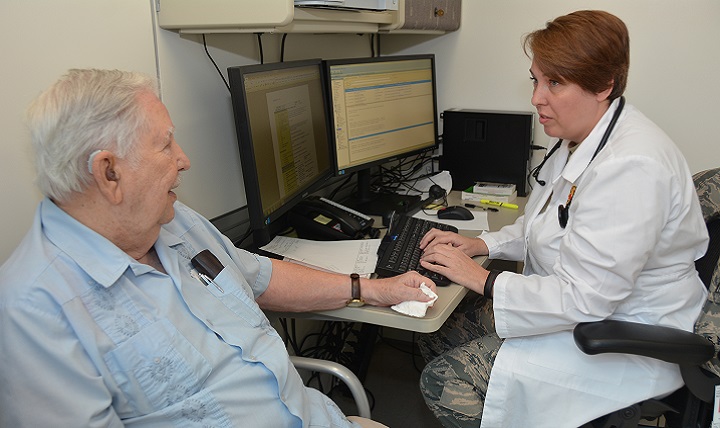Share this Page:
Previous studies have shown that cancer patients who experience immune-related side effects (immune-related adverse events) when treated with immunotherapy may have a better response to treatment. This study looks at this effect in patients with metastatic renal cell carcinoma (RCC) treated with immune checkpoint inhibitors (immunotherapy).
In the study, 43 patients with metastatic RCC were treated with nivolumab or nivolumab plus ipilimumab. The researchers looked for immune-related side effects affecting the lungs, liver, gut, skin, hormone system (endocrine system), kidneys and the joints, bones, and muscles (rheumatic system). They compared the time to when the immunotherapy stopped working and the cancer started growing again (progression-free survival) in patients with immune-related side effects to patients without immune-related side effects.
Two thirds of patients experienced immune-related side effects, the most common being problems with the thyroid gland. Progression-free survival was significantly longer in patients with immune-related side effects involving the thyroid gland and the skin. Having multiple immune-related side effects resulted in a better outcome compared with no immune-related side effects or one immune-related side effect.
In summary, this study suggests that patients who experience immune-related side effects to immunotherapy treatment involving the thyroid gland or skin have better outcomes than those who don’t have immune-related side effects. Multiple side effects result in a better response to treatment.















